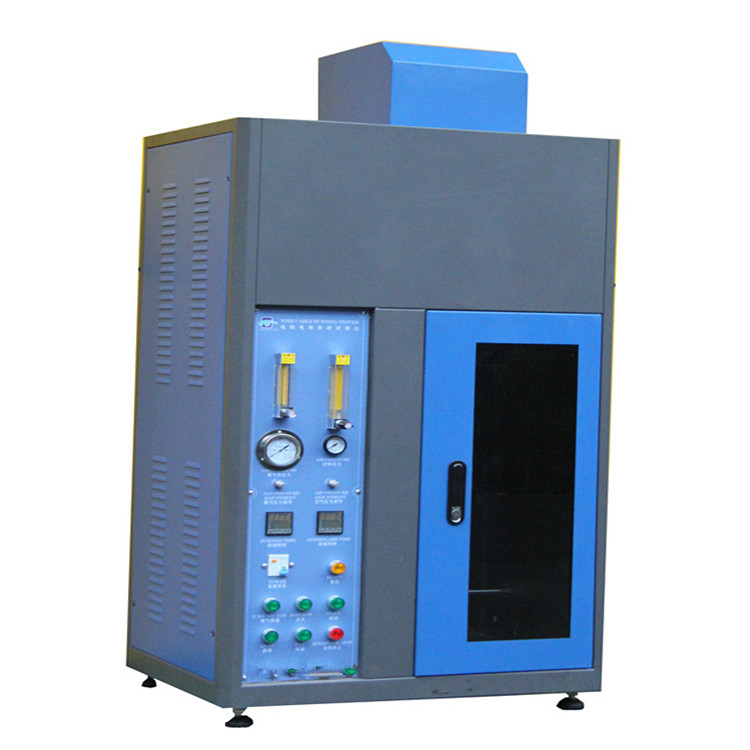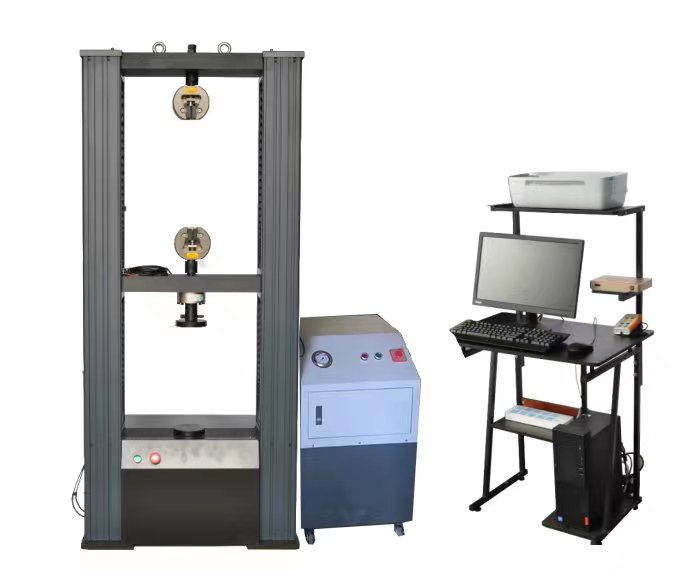

1. Industry Collaboration in Car Seat Static Strength Testing
The Car Seat Static Strength Tester (CSSTT) sector thrives on collaborative innovation across multiple stakeholders, including manufacturers, regulatory bodies, and research institutions. Key collaboration models include:
- Technical Partnerships: Manufacturers collaborate with engineering firms to develop advanced testing protocols, such as finite element analysis (FEA) simulations, to optimize test accuracy and efficiency.
- Standardization Alliances: Joint efforts with international standards organizations (e.g., ISO, ECE) ensure CSSTTs comply with global safety regulations, fostering interoperability and market access.
- Supply Chain Integration: Cooperation with material suppliers and sensor manufacturers enhances tester capabilities, such as integrating high-precision load cells and strain gauges for real-time data acquisition.
2. Ecosystem Development for CSSTT
A robust ecosystem for CSSTT involves four layers:
- Hardware & Software Integration: Testers are equipped with modular components (e.g., hydraulic actuators, data acquisition systems) and software platforms for automated test execution and reporting.
- テストサービス: Third-party labs offer certification services using CSSTTs, validating seat designs against standards like FMVSS 207 or ECE R17.
- Research & Development: Universities and R&D centers contribute to CSSTT advancements, such as developing AI-driven predictive models for seat failure analysis.
- End-User Engagement: Automotive OEMs collaborate with testers to align seat designs with consumer safety expectations, driving continuous improvement.
3. Challenges & Solutions in Ecosystem Building
- Challenge: Fragmented standards across regions (e.g., ISO vs. FMVSS).
Solution: Establish global consensus through industry forums (e.g., SAE International) to harmonize testing methodologies. - Challenge: High capital investment in testers.
Solution: Lease models or shared-use facilities to reduce costs for small manufacturers. - Challenge: Rapid technological evolution (e.g., electric vehicle seat designs).
Solution: Regular updates to CSSTT software and hardware to accommodate new materials and configurations.
4. Future Trends in CSSTT Ecosystem
- Smart Testing: Integration of IoT sensors and cloud analytics for remote monitoring and predictive maintenance of testers.
- Sustainability Focus: Development of eco-friendly testers using recyclable materials and energy-efficient designs.
- Virtual Validation: Leveraging digital twins and virtual reality to simulate seat performance, reducing reliance on physical prototypes.


